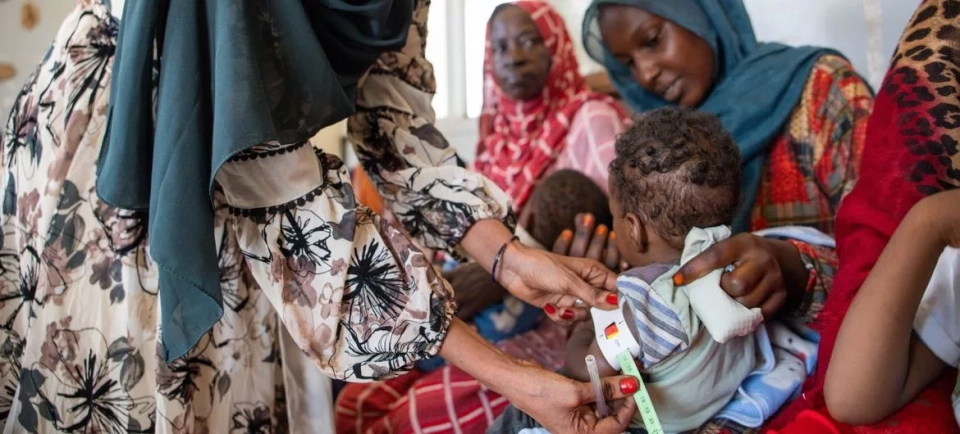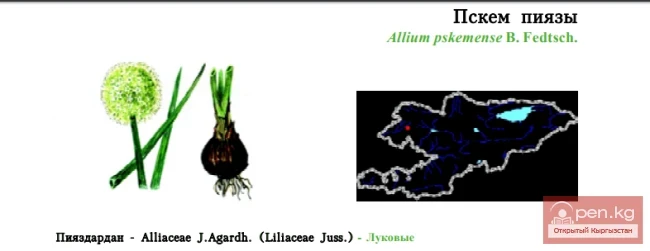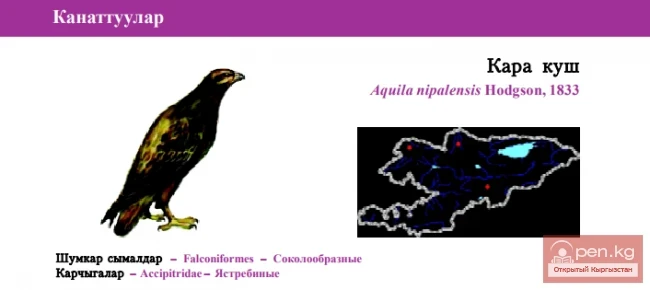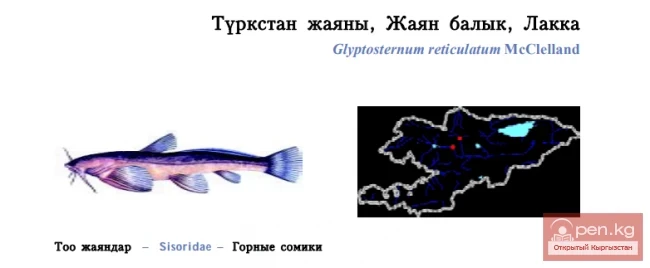In the open debates taking place at the UN Security Council, issues of food security and the impact of hunger as a factor contributing to conflicts are being discussed. Amina Mohammed, the UN Deputy Secretary-General, emphasized that wars and hunger "are often two sides of the same crisis."
She added that conflicts severely damage agriculture, markets, and transport routes, while hunger "fuels despair, and despair leads to violence and displacement."
According to her, armed conflicts result in food shortages in 14 out of 16 global hunger hotspots.
"In Sudan, where the world's largest food crisis is observed, violence in Darfur and Kordofan exacerbates the situation. In Gaza, where hunger was confirmed in August, food supply issues also persist. Millions of people in Haiti, Yemen, the Sahel, and the Democratic Republic of Congo remain trapped between hunger and conflict," Mohammed added.
Global Consequences
She also noted that instability has global consequences: "The war in Europe has disrupted grain exports, leading to food crises in Africa, Latin America, and Asia. Markets are experiencing panic, inflation is rising, and millions of people remain hungry."
"Food has become a weapon – through the deliberate deprivation of food, as seen in Gaza," she warned. "Agricultural systems are being destroyed, trade is blocked, and the infrastructure necessary for food security is being damaged."
Mohammed also pointed out that climate change exacerbates the crisis: "Floods destroy crops, droughts turn fields into barren lands, and rising temperatures harm pastures."
Among the proposed solutions were: ensuring humanitarian access and adherence to international humanitarian law, creating sustainable food systems through long-term investments and integration with social services and markets, climate change adaptation measures, and political resolution as the only long-term solution.
Humanitarian Access and Protection of Civilians
Speaking on behalf of the UN Deputy Secretary-General and Emergency Relief Coordinator Tom Fletcher, UN Assistant Secretary-General for Humanitarian Affairs Joyce Msuya emphasized that the most acute food crises, including hunger in Gaza and Sudan, are caused by armed conflicts. She pointed out that in Yemen, "infrastructure destruction hinders imports, and the ongoing conflict exacerbates the economic downturn and causes displacement, as well as hinders humanitarian assistance."
"Hunger exposes people to high risks of sexual violence and forced displacement as they struggle to survive. Women are particularly affected, often prioritizing their family's needs over their own," she added.
Msuya reminded of the principles of international humanitarian law: "In armed conflicts, it is necessary to protect civilians and civilian objects. The use of hunger as a method of warfare is prohibited, as is attacking, destroying, or rendering unusable objects essential for the survival of the civilian population."
The Role of Early Warning
The Chief Economist of the Food and Agriculture Organization (FAO), Maximo Torero, spoke about the importance of the Integrated Food Security Phase Classification (IPC) for monitoring crises and taking timely action. The IPC "provides a common framework for analyzing food security and nutrition in emergencies" and helps determine "whether there are cases or a forecast of full-scale famine in the country."
The Situation in Africa: A Widespread Food Catastrophe
The African Union's Special Envoy for Food Systems, Ibrahim Mayaki, in his speech noted that "Africa has become the center of global hunger – 20.4 percent of the region's population is facing food shortages, which is twice the global rate."
For example, in Sudan, 25.6 million people – 54 percent of the population – are experiencing food shortages. The situation in the Democratic Republic of Congo and the Sahel is also extremely dire, with millions of displaced persons and economic losses in the billions of dollars.
"Malnutrition costs Africa's economies more than 25 billion dollars annually. Without urgent measures, millions of people will face catastrophic hunger, and entire regions risk falling into irreversible decline," Mayaki warned.
He also noted that since 1961, Africa has lost 34 percent of its agricultural productivity and faces 35 percent of global losses from extreme weather events. Only 40 percent of the continent's residents have access to early warning systems. Food imports are expected to reach 110 billion dollars by 2025, compared to 43 billion in 2019.
Mayaki also pointed out the reduction in humanitarian funding. Support for the food sector fell by 30 percent in 2023, with further cuts expected in 2024.
"The link between conflict and hunger in Africa is deep and mutually reinforcing," emphasized the African Union's Special Envoy.
"Without achieving peace, Africa will not be able to ensure food security, and without food security, the world will not be able to remain stable," he concluded, calling for the protection of food systems, the integration of hunger indicators into early warning systems, and the expansion of international funding in line with the continent's strategic vision.





































